No WASSCE Core Maths and Integrated Science Exams for Science Students – Details

The latest WASSCE update we have indicates that soon science students won’t write the WASSCE Core Math and Integrated Science exam administered to candidates.
No WASSCE Core Maths and Integrated Science Exams for Science Students: Full Details
According to Professor Edward Appiah, Director-General of the National Council and Curriculum and Assessment (NaCCA), who spoke exclusively to Graphic Online’s Education Editor Severious Kale-Dery, students majoring in Visual Arts, General Arts, Home Economics, and Business would be required to take Integrated Science.
This suggests that there will likely not be WASSCE Core Maths and Integrated Science Exams students offering Science as a programme under the common core curriculum.
This Core Mathematics course would then be renamed General Science and Modern Mathematics.
The first-ever Common Core Basic Education Certificate Examination (BECE) will be administered to the current graduating class of junior high school pupils. According to Appiah, “and so, their BECE will be based on the common core curriculum” since the current JHS 3 pupils started following the common core in JHS One.
He also said that the common core state standards for senior high school students, which would be implemented in the 2024–2025 school year, had been successfully piloted by NaCCA.
“The trial will be completed in July so that it will go live in September when the academic year will start with the reversal of the old academic calendar,” he added, emphasizing that the present JHS 3 pupils will begin SHS with the common core curriculum. According to him, students are now evaluated as they go along, and the mechanism of evaluation is a multiple-choice test rather than the final exam. With the present setup, he went on to say, “And so, as the learner is learning, he or she is being assessed” throughout classroom activities and projects.
The fields of science and mathematics are highly valued in Ghanaian schools and are considered crucial to the country’s progress and ability to compete on a global scale. Learning these fundamentals lays the groundwork for many other important abilities and information that are necessary for progress in technology, new ideas, and the economy.
One benefit is that learning math and science helps one become a better thinker and problem-solver. Participation in these areas helps students become more methodical problem solvers, which is transferable to other areas where complex issues need to be addressed. Having an analytical mindset is essential for personal growth and making a positive impact on the nation’s progress.
In addition, being well-versed in mathematics and physics is crucial in this age of rapid technological development. For many STEM (science, technology, engineering, and mathematics) fields, these topics serve as a springboard for new ideas and developments in technology. Ghana is well-positioned to take advantage of the world’s dynamic economy because its students have a solid grounding in STEM subjects, which opens doors to professions like engineering, IT, and medicine. Teaching students math and science also encourages them to think creatively and critically.
Mathematical modeling and practical experiments help pupils understand abstract ideas and foster an attitude of natural curiosity. If we want to raise a new generation of innovators and creative problem solvers who can help our nation progress, we must do this.
Attracting foreign investment and promoting economic growth also depend on having a workforce that is proficient in science and mathematics. Businesses and industries are looking for people with STEM capabilities more and more, and a country’s economy can benefit from a highly educated population since it attracts international corporations.
To sum up, mathematics and science are the cornerstones of Ghanaian education.
They aid in the development of new technologies, provide people with the tools they need to succeed in life and boost the economy. Putting a strong emphasis on these fundamental disciplines is a smart step towards a sustainable and competitive future for Ghana on the global stage, and it’s also an investment in education.
Send Stories | Social Media | Disclaimer
Send Stories and Articles for publication to [email protected]
We Are Active On Social Media
WhatsApp Channel: JOIN HERE
2024 BECE and WASSCE Channel - JOIN HERE
Facebook: JOIN HERE
Telegram: JOIN HERE
Twitter: FOLLOW US HERE
Instagram: FOLLOW US HERE
Disclaimer:
The information contained in this post on Ghana Education News is for general information purposes only. While we endeavour to keep the information up to date and correct, we make no representations or warranties of any kind, express or implied, about the completeness, accuracy, reliability, suitability or availability with respect to the website or the information, products, services, or related graphics contained on the post for any purpose.




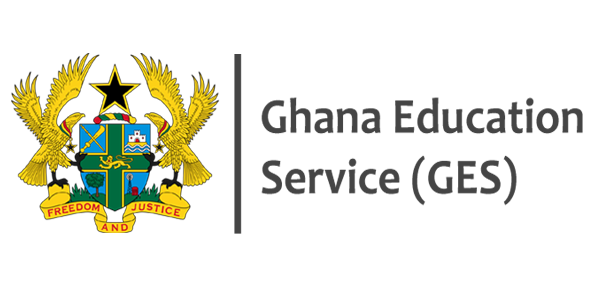 GES To Query 42 Teachers In The Upper West Region; Here’s Why
GES To Query 42 Teachers In The Upper West Region; Here’s Why 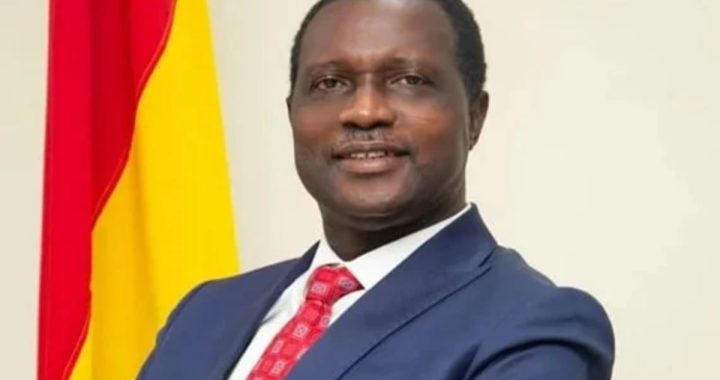 Ministry of Education Denies Rebranding of Basic Schools
Ministry of Education Denies Rebranding of Basic Schools 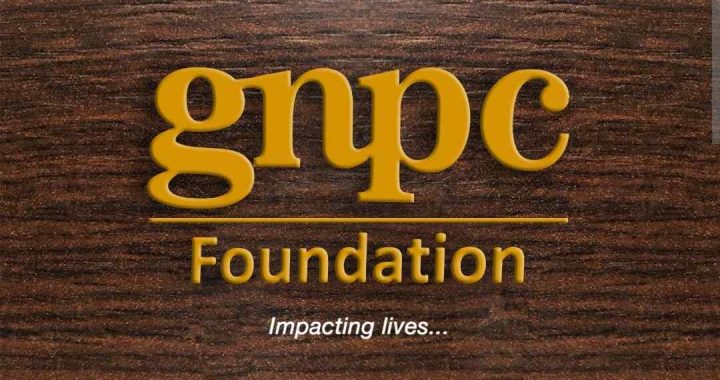 GNPC Opens 2024 Scholarships Portal For New Applicants
GNPC Opens 2024 Scholarships Portal For New Applicants 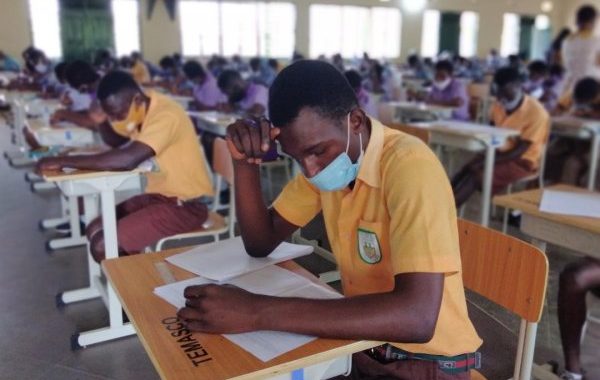 How to Create Good Study Habits for Exams
How to Create Good Study Habits for Exams  How to Help Your Child Prepare for Exams
How to Help Your Child Prepare for Exams 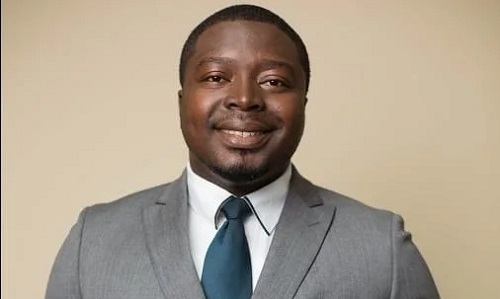 Profile Of Kwabena Boateng, Ejisu MP Elect
Profile Of Kwabena Boateng, Ejisu MP Elect